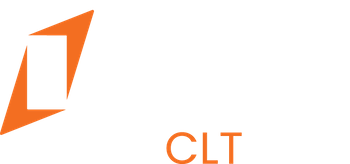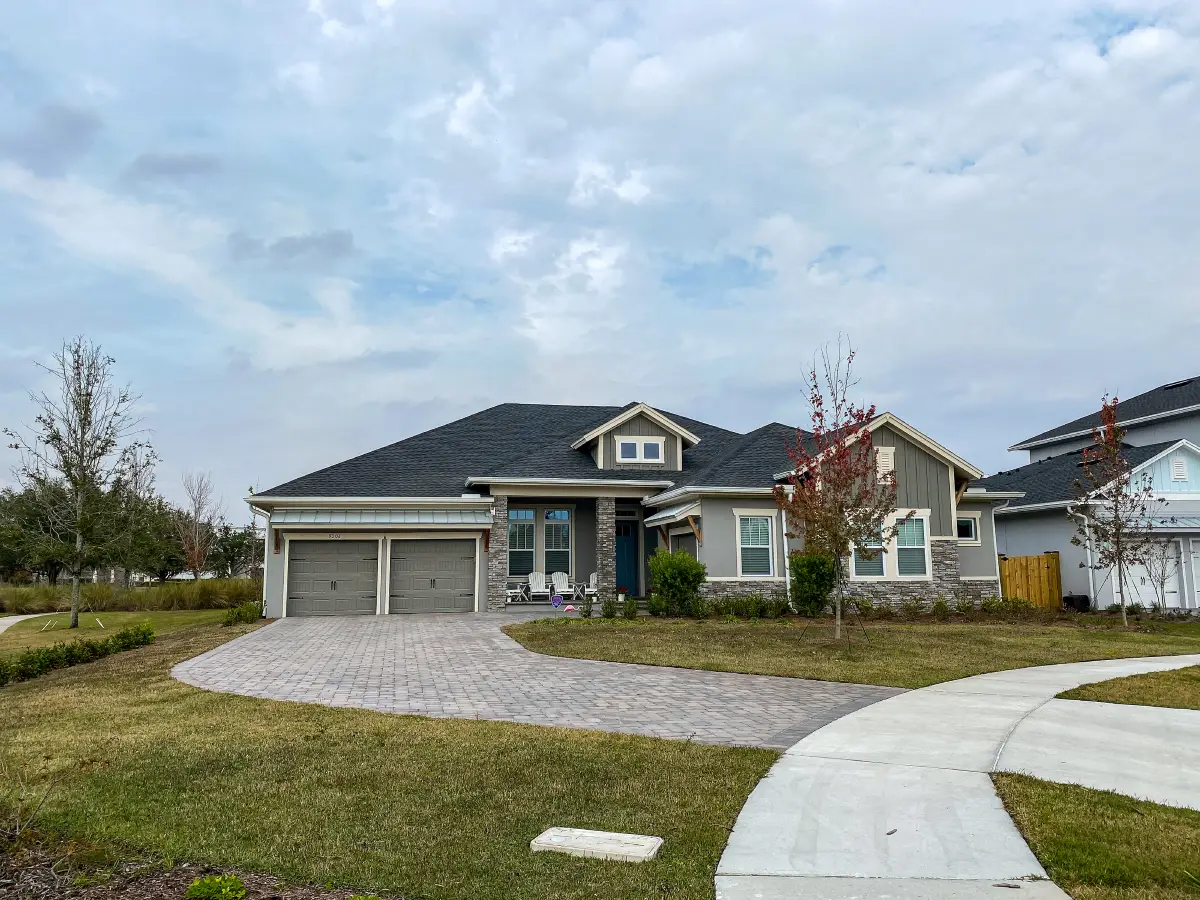Homeowners’ associations across Charlotte play a vital role in maintaining neighborhoods that residents are proud to call home. From landscaping services to amenity upkeep, the smooth operation of these communities depends on consistent contributions from homeowners. When dues are missed, the effects can be immediate: budgets become strained, maintenance may stall, and neighbor relations can grow tense.
For board members, the responsibility of collecting dues often feels like walking a fine line. On one side is the need for compassion toward homeowners facing financial challenges. On the other is the obligation to protect the community’s financial health. Achieving balance requires clarity, consistency, and reliable systems. HOA boards that put strong structures in place not only safeguard their finances but also strengthen the sense of fairness and trust among members. To learn more about why clear compliance frameworks matter, check out this guide on building a harmonious and compliant HOA.
Key Takeaways
- HOA dues are the foundation of financial stability in Charlotte neighborhoods
- Missed payments can disrupt projects and strain community relationships
- Transparent communication helps homeowners understand the importance of dues
- Consistent enforcement ensures fairness and strengthens trust
- Professional management provides expertise in compliance and collections
Why HOA Fees Are Crucial in Charlotte
HOA fees support everything from landscaping and clubhouse maintenance to security lighting and long-term reserve funds. When collected consistently, they ensure that Charlotte communities remain safe, attractive, and desirable for both current residents and future buyers.
Missed contributions, however, create ripple effects. Boards may face difficult choices, such as cutting landscaping schedules, postponing pool repairs, or reducing community events. Each decision directly impacts the neighborhood’s appeal, which can also affect long-term property values. In fact, local insights on how HOAs influence property values show that well-funded associations tend to preserve higher real estate demand.
Reliable fee collection goes far beyond day-to-day operations. It protects a community’s reputation, supports homeowner satisfaction, and ensures the neighborhood retains its competitive edge in Charlotte’s growing housing market.
Common Reasons Behind Late Payments
Every board faces delinquent accounts at some point, but understanding why payments are delayed helps address them constructively.
Financial challenges
Unemployment, unexpected medical bills, or rising household expenses can prevent some homeowners from paying on time.
Oversight or confusion
Busy residents may misplace invoices, forget due dates, or struggle with unclear payment instructions.
Disputes with the board
A few homeowners withhold dues in protest against spending decisions or community rules.
Absentee or investment owners
Out-of-town owners or landlords may not pay attention to notices, leading to overlooked bills.
Recognizing these situations allows boards to respond appropriately, whether through repayment plans, improved communication, or firm enforcement.
Creating Policies That Prevent Delinquency
Prevention is more effective than chasing late payments. Clear governing documents should outline expectations in detail.
- Specific due dates and acceptable payment methods
- Defined grace periods and structured late fees
- Escalation steps if payments remain unpaid
Equally important is communication. Homeowners should be reminded of dues ahead of deadlines, and new residents should receive an orientation that highlights financial responsibilities. Many Charlotte HOAs now adopt digital payment platforms, offering convenience for members and efficiency for boards.
Education strengthens this system. When homeowners clearly see how funds are spent, they are more likely to pay consistently. Explaining how dues cover essential services builds trust and accountability throughout the neighborhood.
Addressing Delinquent Accounts Professionally
Even with prevention measures, some accounts will fall behind. How a board handles these cases affects both community finances and member relationships.
Start with reminders
Polite, timely communication often resolves minor oversights.
Offer structured plans
Repayment schedules help struggling homeowners catch up without overwhelming them.
Enforce rules evenly
Selective enforcement undermines trust and can lead to disputes.
Escalate responsibly
Boards should move step by step, from reminders to formal notices, then legal measures only if necessary.
Maintain privacy
Boards should protect confidentiality when dealing with individual accounts.
Boards that remain professional and impartial send a clear message: dues collection is about preserving the community, not targeting individuals.
Legal Tools for North Carolina HOAs
Charlotte boards operate under North Carolina statutes, which outline remedies for unpaid assessments. Options include:
- Charging late fees or interest as allowed by governing documents
- Filing liens on properties to secure payments
- Pursuing foreclosure in severe cases
These actions must be carefully documented and follow state requirements precisely. Errors in timelines or notices can create setbacks. For many boards, partnering with professional management companies ensures these processes remain compliant and effective.
Strengthening Community Relationships During Collections
Collecting dues can be uncomfortable, especially when neighbors are involved. Yet, with the right approach, boards can enforce rules while maintaining trust.
Transparency
Regularly sharing financial reports allows homeowners to see how dues are allocated. When residents understand that their contributions fund visible improvements, they are more motivated to pay.
Neutral enforcement
Delegating collections to a management company removes personal conflict. Homeowners are more likely to view enforcement as an impartial process rather than a dispute with neighbors.
The Benefits of Professional HOA Management
Partnering with a management company like PMI CLT provides boards with the tools, systems, and knowledge needed to manage dues effectively. Services include:
- Automated billing and reminder systems
- Consistent enforcement of governing documents
- Accurate and transparent financial reporting
- Guidance on compliance with North Carolina HOA laws
- Professional homeowner communication that minimizes conflict
Beyond collections, professional managers assist with budgeting, reserve planning, and homeowner relations, freeing volunteer board members to focus on long-term goals.
Building a Financially Stable Future for Charlotte HOAs
Dues collection is only one part of a board’s financial responsibilities. Long-term stability also requires building reserves, scheduling large repairs, and planning for growth. With proper planning, HOAs can reduce surprise assessments, enhance neighborhood amenities, and increase community satisfaction. For boards considering long-term adjustments, resources on increasing HOA fees strategically can help guide decision-making.
Charlotte neighborhoods that emphasize strong policies, clear communication, and professional support are positioned to thrive. These strategies not only strengthen financial health but also foster pride and cooperation among residents.
Strong Foundations Lead to Confident Communities
Financial stability gives Charlotte HOAs the freedom to do more than simply maintain the basics. It enables boards to enhance amenities, boost property values, and create thriving neighborhoods. PMI CLT delivers the expertise and systems necessary to keep collections reliable, reduce legal risks, and strengthen community harmony.
If your board is ready to strengthen accountability and improve efficiency, explore how PMI CLT can support you by visiting their dedicated board member services page. This is the first step toward building a confident, financially secure community.
FAQs
What do HOA fees usually cover in Charlotte communities?
They typically fund landscaping, amenity upkeep, security, insurance, and long-term reserves for major repairs or improvements.
How can boards prevent late HOA payments?
Clear policies, automated reminders, and easy online payment options are the most effective prevention strategies.
Can North Carolina HOAs place liens on properties?
Yes, state law allows HOAs to file liens for unpaid assessments, provided proper procedures are followed.
What should boards avoid when collecting dues?
Boards should avoid selective enforcement, public discussions of individual accounts, and overlooking proper documentation.
Why hire a professional HOA management company?
Professional managers provide compliance expertise, streamline collections, and reduce conflict, allowing boards to focus on long-term community growth.


